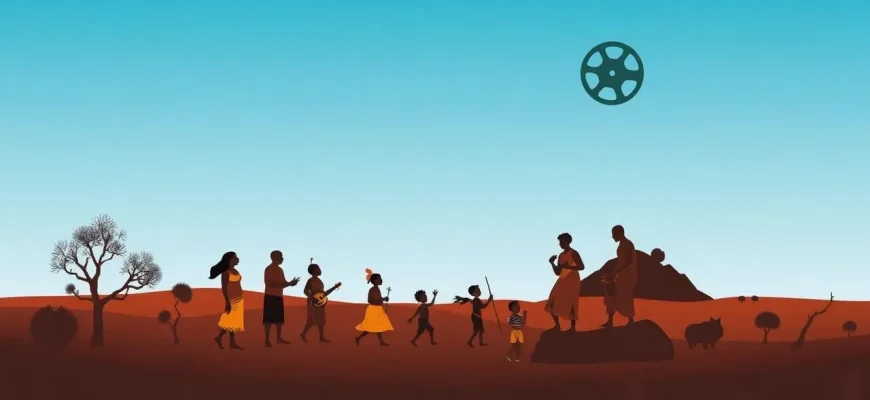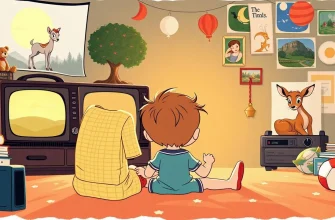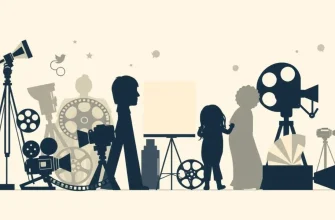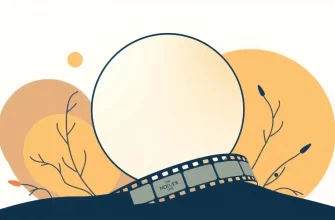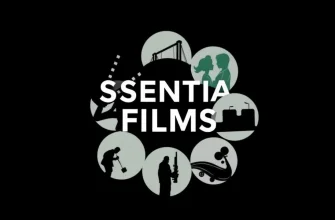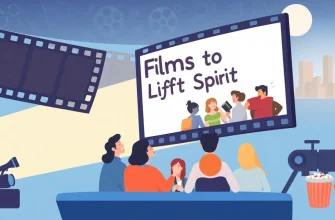This curated collection of family films delves into the vibrant world of Aboriginal cultures, offering a window into their traditions, challenges, and triumphs. These films not only entertain but also educate, providing a unique perspective on Indigenous life, fostering understanding and appreciation among viewers of all ages.
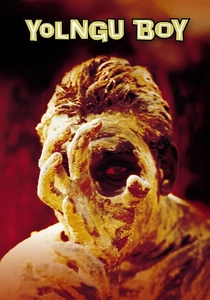
Yolngu Boy (2001)
Description: This film follows three young Aboriginal men as they navigate the challenges of modern life while trying to maintain their cultural identity.
Fact: The film was shot on location in Arnhem Land, providing an authentic backdrop to the story.
 Watch Now
Watch Now
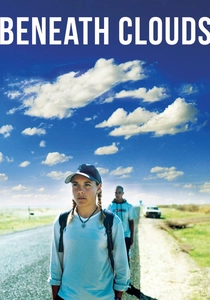
Beneath Clouds (2002)
Description: This film tells the story of two teenagers, one Aboriginal, who embark on a journey that changes their perspectives on life and identity.
Fact: It was the debut feature film for director Ivan Sen, who also wrote and edited the film.
 Watch Now
Watch Now
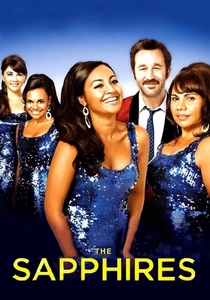
The Sapphires (2012)
Description: A heartwarming story of four Aboriginal women who form a soul group and travel to Vietnam to entertain the troops, showcasing their talent and resilience.
Fact: The film is inspired by the real-life story of an Aboriginal all-female singing group of the same name.
 Watch Now
Watch Now
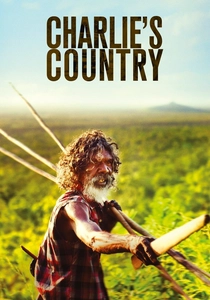
Charlie's Country (2013)
Description: A poignant look at an Aboriginal man's struggle to maintain his traditional way of life in modern Australia.
Fact: The film was written by its star, David Gulpilil, who also plays the lead role.
 Watch Now
Watch Now
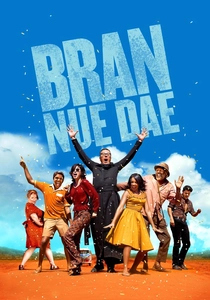
Bran Nue Dae (2009)
Description: This musical comedy-drama follows a young Aboriginal boy's journey back to his community, filled with humor and cultural insights.
Fact: The film is based on the stage musical of the same name, which was the first Aboriginal musical to be produced in Australia.
 Watch Now
Watch Now
The Tracker (2002)
Description: Set in the early 20th century, this film follows an Aboriginal tracker who helps the police hunt down an accused murderer, exploring themes of justice and race.
Fact: The film uses paintings to depict violent scenes, avoiding graphic imagery.
 30 Days Free
30 Days Free
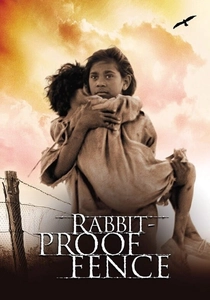
Rabbit-Proof Fence (2002)
Description: This film follows the journey of three Aboriginal girls as they escape from a government camp and attempt to return home, highlighting the Stolen Generations' plight.
Fact: The film was based on the book "Follow the Rabbit-Proof Fence" by Doris Pilkington Garimara, who is the granddaughter of one of the girls.
 30 Days Free
30 Days Free
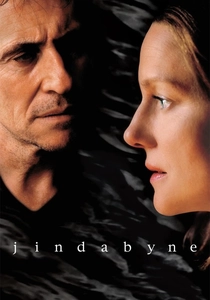
Jindabyne (2006)
Description: While not exclusively about Aboriginal culture, the film addresses issues of race and community through the lens of a fishing trip gone wrong.
Fact: The film is based on the short story "So Much Water So Close to Home" by Raymond Carver.
 30 Days Free
30 Days Free
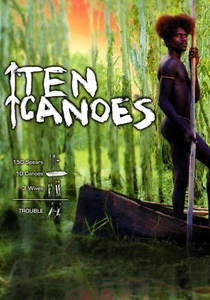
Ten Canoes (2006)
Description: A unique blend of documentary and narrative, this film tells a story from the Yolngu people of Arnhem Land, using both modern and traditional storytelling techniques.
Fact: It was the first film ever to be shot entirely in an Aboriginal language, Ganalbingu.
 30 Days Free
30 Days Free
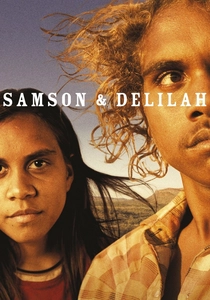
Samson & Delilah (2009)
Description: This film explores the lives of two young Aboriginal people in Alice Springs, dealing with issues like substance abuse and cultural identity.
Fact: The film won the Camera d'Or at the Cannes Film Festival for best first feature film.
 30 Days Free
30 Days Free

